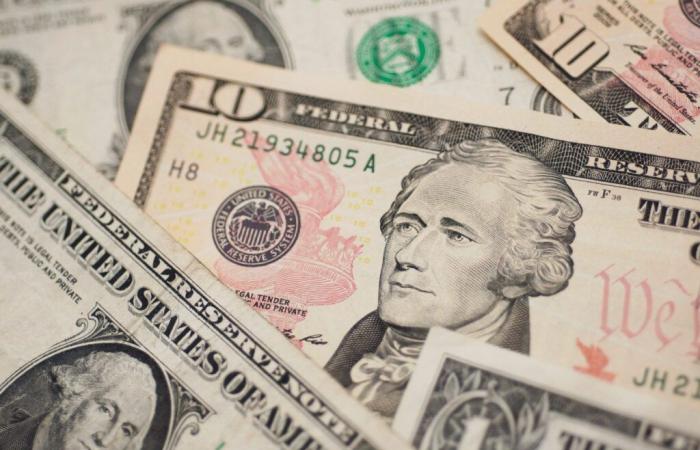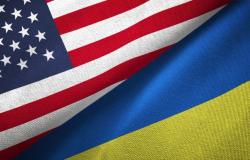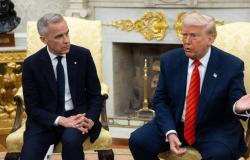In July 1944, while war has not yet been over, representatives of the main Western powers work in the foot of Bretton Woods (United States) on the means of saving a capitalist system whose responsibility in the advent of Nazism is overwhelming. The equation is complex: to promote reconstruction and draw the teachings of the major economic and financial crisis of the 1930s which led to war, a monetary system must be erected from stability to any test.
Tighten the ranks around the dollar, and at the same time of the American capital, appears as the only viable logic to the tops united on site. The exchange rates between the main currencies and the greenback are frozen. The American motto is the only one still convertible into gold. All the others revolve around it with a fixed exchange rate.
Two international institutions, the IMF and what will become the world Bank, are created to supervise the system. The dollar thus acquires a status of a global common currency. Reserve and reference currency, it becomes an instrument of domination of the United States at least like its armada deployed in all parts of the globe. This privileged status allows Washington to go into debt at a lower cost and to siphon the capital of the whole world. Only the limits of the system emerge at the end of the Thirty Glorious Years.
Lower the value of the greenback
In 1971, the Vietnam War was revealed as a financial chasm. President Richard Nixon’s administration then decides to break the Bretton Woods system in part. To place the dollar even more in the pivot position, he decides to prohibit the convertibility of the greenback into gold. The large Western countries bow. Washington will be able to suck more on global savings to direct it to its immense budgetary expenses.
But a contradiction linked to the omnipotence of the greenback will exacerbate in a world soon delivered to liberal globalization. The strong dollar is a means of American multinationals to extend their conquests. At the same time, it is a vector of deindustrialization in the United States when these same firms no longer hesitate to relocate their productions to places where the workforce is cheaper.
-It is in this yardstick that we must appreciate the trade war launched by Donald Trump. He intends to decrease the value of the greenback to bring back productions and investments in American territory. But at the same time it needs to strengthen the imperial position of the dollar to have a public debt financed by foreign capital which today rises to some $ 34,500 billion. Untenable.
The future of humanity, its ability to overcome today’s social and climatic crises, is necessarily multilateral. It presupposes at least a dedollarization as the “Global South” wishes with the BRICS and, at best, the emergence of a real global currency to deal with the financing of the necessary common public goods.
Before leaving, one last thing …
Unlike 90% of French media today, Humanity does not depend on large groups or billionaires. This means that:
- We bring you impartial information, without compromise. But also that
- we do not have not the financial means enjoyed other media.
Independent and quality information has a cost. Pay it.
I want to know more








